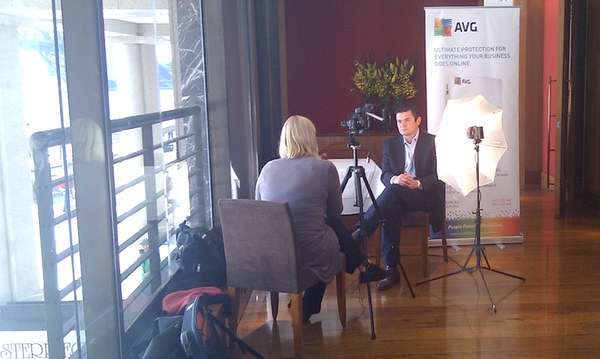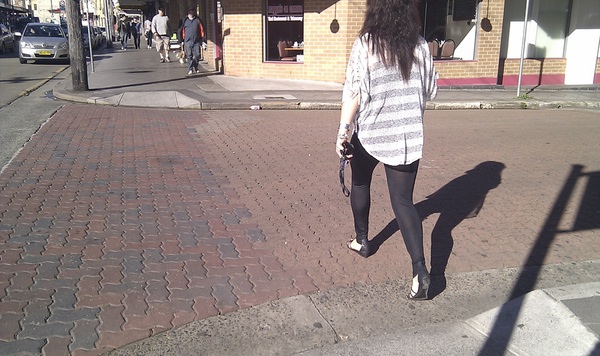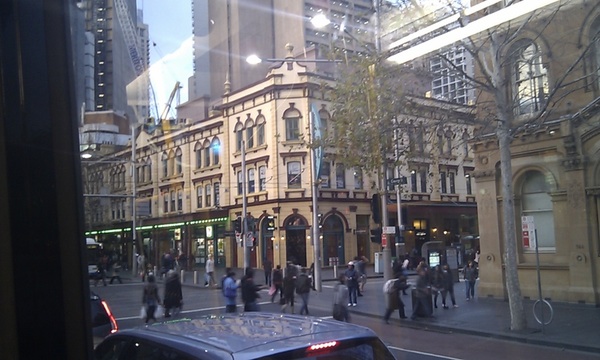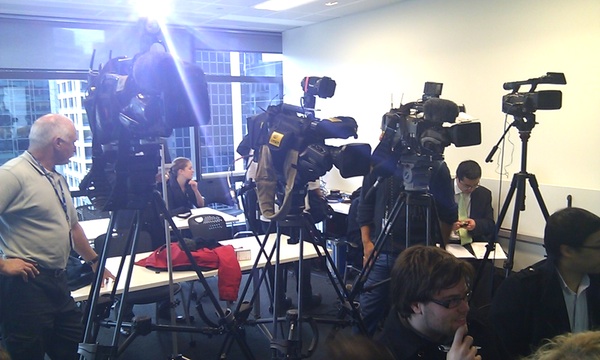A weekly summary of what I’ve been doing elsewhere on the internets, for those who haven’t been paying attention properly.
It’s a bit thin this week. After doing 30+ hours and a couple of all-nighters last weekend for that server migration I mentioned last time, I’ve been taking it slowly during this week. And I’m getting this post done on Friday night because I’m heading to Newcastle first thing tomorrow.
Articles
- How America could censor the internet… or not, for Crikey. The US is currently considering the Combating Online Infringement and Counterfeits Act, which my Crikey colleague Harley Dennett also wrote about today in The internet filter coming to the US — with barely any dissent. It’s about cutting off internet domains that are alleged to be involved with copyright infringement.
Podcasts
- Patch Monday episode 59, “Opening up the cloud”. My guest is open-source software developer and advocate Jeff Waugh. In a wide-ranging conversation they cover Linode and OpenStack; as well as DevOps, a new software development paradigm that involves operational staff in the entire development process; a DevOps tool called Cucumber, and its plug-in cucumber-nagios, written by Australian developer Lindsay Holmwood; and the social source code management system Github. And Richard Chirgwin debunks the myth that optical fibre only lasts 15 or 20 years.
Geekery
I’ll tell you more about what I’ve been doing next week.
Elsewhere
Most of my day-to-day observations are on my high-volume Twitter stream, and random photos and other observations turn up on my Posterous stream. The photos also appear on Flickr, where I eventually add geolocation data and tags.
[Photo: Making TV at Aria: Lisa Creffield of Sky News Business interviews Peter Baxter from AVG at Aria Restaurant, Circular Quay, Sydney, following a lunchtime media briefing.]





